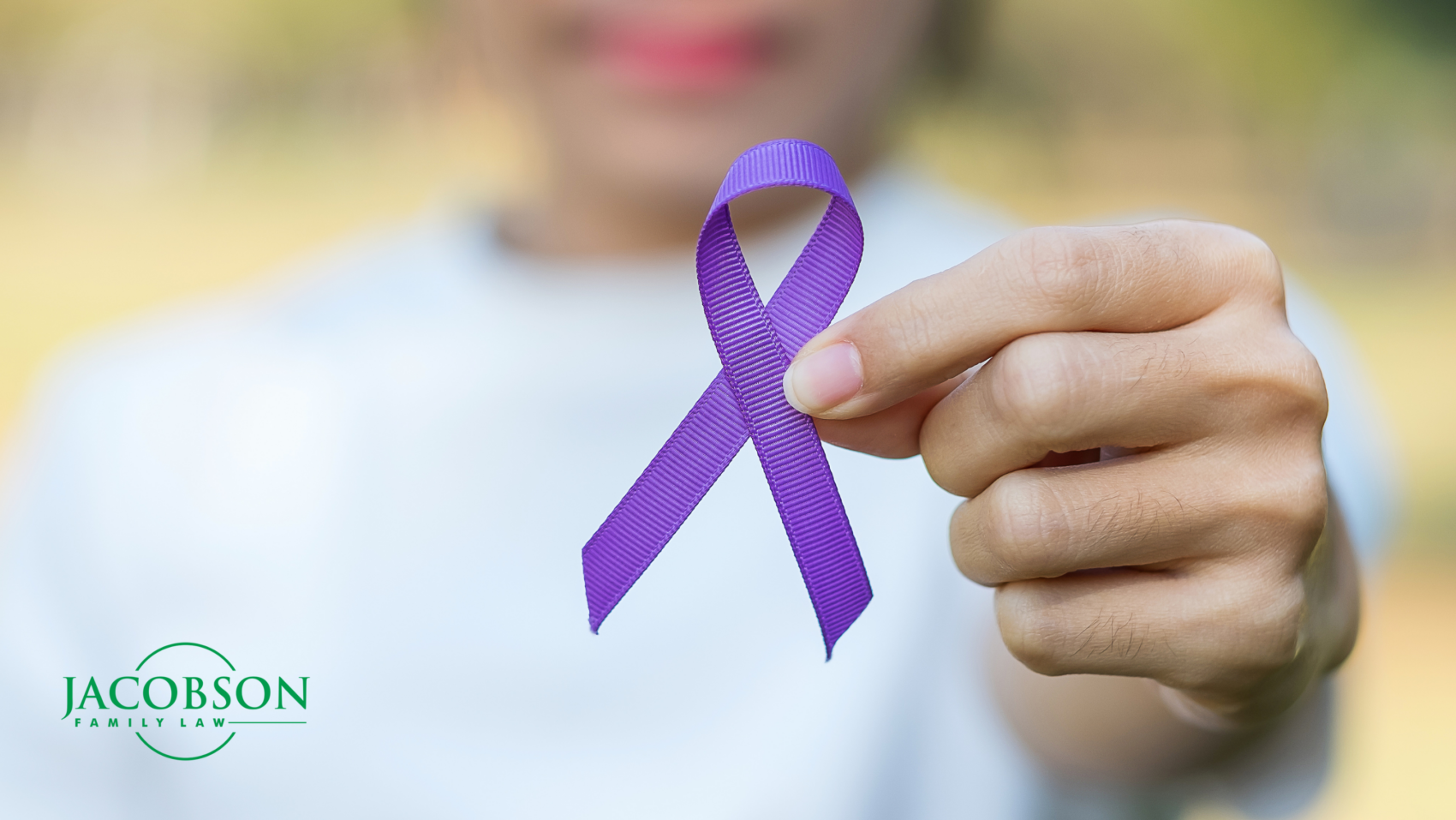
For survivors of domestic violence, the decision to divorce can be fraught with anxiety, fear, and uncertainty. However, there exists a beacon of hope in the form of collaborative divorce, a process that provides a safer and more dignified path to starting anew. This blog aims to shed light on how collaborative divorce can be a particularly viable and supportive option for those who have endured the hardships of domestic violence.
Understanding Collaborative Divorce
Collaborative divorce is an alternative to the traditional adversarial court process. It is a method where both parties, alongside their respective lawyers and a team of professionals, work together to resolve their disputes amicably and fairly, without stepping foot in a courtroom. This approach is especially beneficial for survivors of domestic violence for several key reasons.
- Safety and Security First
The foremost concern in any divorce involving domestic violence is safety. Collaborative divorce addresses this by providing a controlled, secure environment for discussions. This method minimizes direct contact between you and your abuser, reducing the risk of confrontation and further trauma. Meetings are often held with both parties in separate rooms, and communication is facilitated in a way that prioritizes your safety and comfort. - The Collaborative Team: Your Pillars of Support
A unique aspect of collaborative divorce is the multidisciplinary team that supports you through the process. This team can include:
• Attorneys Trained in Collaborative Law: Each party has a lawyer who not only understands the legal nuances of divorce but is also trained to approach the process collaboratively, fostering an atmosphere of respect and cooperation.
• Mental Health Professionals (Coaches): These specialists offer emotional support and guidance. They play a crucial role in managing the trauma and psychological impact of domestic violence. They also help in improving communication between parties, a vital aspect for a survivor seeking to rebuild their life.
• Financial Specialists: Financial advisors in the team ensure transparency and fairness in the division of assets. They can help in creating a stable financial future for you, which is particularly important for those who may have been financially controlled or abused in their marriage.
• Child Specialists: If children are involved, child specialists focus on their emotional and psychological well-being, ensuring that their needs are prioritized and their voices are heard. - Privacy and Confidentiality
Unlike traditional divorces, which are public record, collaborative divorce keeps the details of your personal situation private. This confidentiality is particularly significant for survivors of domestic violence, who may have concerns about their personal stories and struggles becoming public knowledge. - A Pathway to Reduced Conflict
The essence of collaborative divorce is to minimize conflict and encourage constructive dialogue. This approach is less about winning or losing and more about reaching a resolution that respects the interests of all involved. For survivors of domestic violence, this process can be less intimidating and more healing, focusing on resolution and rebuilding, rather than conflict and retribution.
Navigating the Collaborative Divorce Process
Engaging in a collaborative divorce requires preparation and understanding. Here are some steps to help guide you through this journey:
- Selecting the Right Team
Choosing professionals who are not only skilled in collaborative law but also sensitive to the issues surrounding domestic violence is essential. It’s important to work with attorneys, therapists, and financial advisors who have a history of compassionate and effective work with survivors. - Setting Clear Goals
Identify your objectives for the divorce. Whether it’s securing financial independence, ensuring the well-being of your children, or obtaining a fair division of assets, knowing what you want to achieve will guide the collaborative process and enable your team to support you more effectively. - Preparing Yourself Emotionally
The emotional toll of divorce, compounded by the experience of domestic violence, cannot be overstated. Engaging in self-care, seeking support from therapists or support groups, and leaning on a network of trusted friends or family are crucial steps in maintaining your emotional and mental well-being. - Embracing Open Communication
Open and honest communication is key in collaborative divorce. While it may be challenging to articulate your needs and fears, especially for a survivor of domestic violence, clear communication will enable your team to advocate for you effectively and ensure your needs are met.Collaborative divorce represents a path of empowerment and dignity for survivors of domestic violence. It offers a way to navigate one of life’s most challenging transitions with support, respect, and safety. By opting for a collaborative approach, you can take control of your divorce process, ensuring that your voice is heard and your needs are addressed.
Remember, you are not alone in this journey. With the right support and resources, you can transition into the next chapter of your life with strength, confidence, and hope.
Taking the Next Step with Jacobson Family Law
If you’re a survivor of domestic violence considering divorce, know that you don’t have to navigate this journey alone. Jacobson Family Law is here to guide you through the collaborative divorce process with compassion, expertise, and a deep understanding of your unique needs. We invite you to visit our website at jacobsonfamilylaw.com to learn more about how we can support you. Our team is dedicated to providing you with the safety, respect, and dignity you deserve during this pivotal time. Contact us today to start the conversation and take the first step towards a new chapter in your life.




